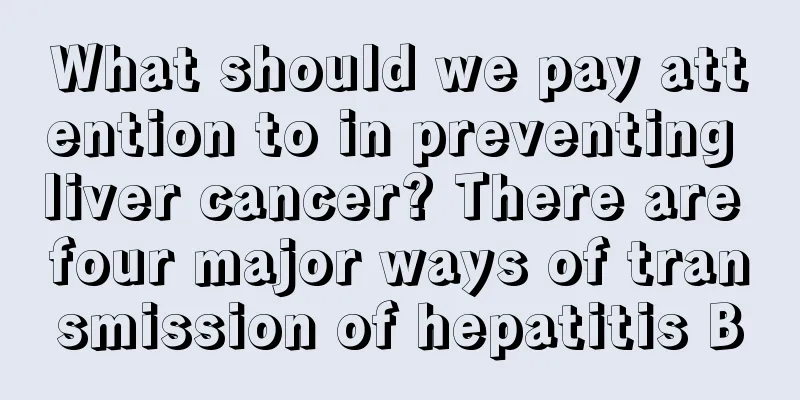What is Cardia

|
Many people do not know where the cardia is, so even if any disease occurs in this area, it cannot be detected at the first time. In fact, this area is located at the junction of the esophagus. Once any problem occurs, it will affect the patient's normal eating and the esophagus will also be greatly affected. Therefore, do not ignore this situation and must discover and treat it early. The anatomical cardia is located at the esophageal-gastric junction where the tubular esophagus extends downward into the sac-like stomach wall, at the level of the angle of His or the peritoneal reflection, equivalent to the lower edge of the lower esophageal sphincter, and is continuous with the esophagus upward. It is usually located on the left side of the 11th thoracic vertebra and behind the 7th costal cartilage, about 10 cm away from the anterior abdominal wall and about 40 cm away from the central incisor. The abdominal part of the esophagus turns sharply to the left as it descends, and becomes continuous with the cardia. The right edge of the esophagus is continuous with the lesser curvature of the stomach, and the left edge is continuous with the greater curvature of the stomach. There is no specific anatomical sphincter associated with the cardia. Internally, the transition between the esophagus and stomach is difficult to define. Because the gastric mucosa extends to the abdominal esophagus to varying degrees, it usually forms a "Z"-shaped junction between the squamous epithelium and the columnar epithelium, and the esophageal epithelium is on this "Z" line. In histology and endoscopic observation, this area is usually called the gastroesophageal junction. A circular loop is formed by the gastric longitudinal muscle between the esophagus and the lesser curvature of the stomach, which is often used as the boundary between the stomach and esophagus. The left gastric vein, also known as the gastric coronary vein, is divided into two sections: the arcuate part and the descending part. The arcuate part is located on the right side of the cardia. After the anterior and posterior branches merge into the left gastric vein, it presents an upward convex arcuate curved section. This section receives the esophageal branch of the cardia; the descending part is the arcuate part that enters the gastrophrenic ligament to the right, and then descends in the gastropancreatic fold until it is injected into the spleen or portal vein. The right gastric vein, also known as the pyloric vein, often anastomoses with the left gastric vein to form an arch and merge into the portal vein. The posterior gastric vein originates from the back of the gastric fundus, first runs along with the artery of the same name in the gastrointestinal ligament, then descends to the right behind the peritoneum behind the omental bursa, then intersects with the splenic artery from behind or in front, and finally flows downward into the splenic vein. The short gastric veins collect venous blood from the upper 1/5 of the greater curvature of the stomach and flow into the tributaries of the splenic vein. |
>>: Is refrigerator refrigerant toxic?
Recommend
What should I pay attention to when caring for lymphoma
People all know that lymphoma is a disease that i...
Can vaccination prevent uterine cancer?
Gynecological examinations may show no abnormalit...
What kind of exercises do you need to do if you have nasopharyngeal cancer
With the deteriorating environment, various unple...
How is lipstick made?
Women often wear lipstick when they go out. It ca...
What to do with the pits left by acne? 7 medical beauty treatments to remove pits
Although the acne of many people has healed, it i...
What is the reason for high serum uric acid?
What causes high serum uric acid? Usually, people...
What happened to my eyebrows suddenly growing longer?
Women like to trim their eyebrows frequently. How...
How to stabilize the condition of liver cancer in the late stage? Beware of liver cancer in the late stage if you have these 6 symptoms
When the disease develops to the late stage, it m...
Which physical examinations require fasting?
As people in modern society pay more and more att...
What is the reason for difficulty urinating?
Although urination with profuse sweat is a normal...
Ginger and jujube tea effects and contraindications
Ginger and jujube tea is a very good health care ...
What are the drugs for early stage kidney cancer?
Most people get nervous when they hear the word k...
How to use tomatoes to treat ten diseases
Tomatoes are a plant of the Solanaceae family and...
Where is the throat located?
In daily life, people often have some discomfort ...
What should I do if I get pregnant again six months after giving birth?
After giving birth, a woman's health will bec...









